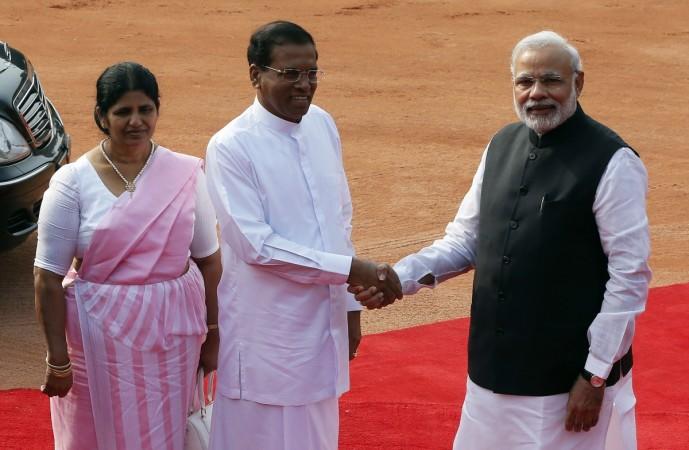
The United States has expressed its approval on the civil nuclear deal between India and Sri Lanka, insisting that it is consistent with international standards, including the International Atomic Energy Agency safeguards.
Confirming that US is aware of the recent agreement signed between India and Sri Lanka on civil nuclear cooperation, state department spokesperson Jen Psaki said, "We welcome regional cooperation on nuclear energy that is consistent with IAEA safeguards and other international standards and practises," reported Economic Times.
According to the nuclear deal, India will share resources, train personnel, extend expertise and assist Sri Lanka in developing its civil nuclear energy infrastructure. It will also facilitate India's cooperation in "radioactive waste management and nuclear and radiological disaster mitigation and environmental protection".
The agreement was signed after the Indian Prime Minister Narendra Modi and Sri Lankan President Maithripala Sirisena held talks during the latter's four-day trip to India. Ahead of his arrival, Sirisena had spoken highly of the values of pluralism and democracy shared by both the nations.
Sirisena became the president of the Island Nation after toppling Sri Lanka Freedom Party leader Mahinda Rajapaksa. There have been speculations that India might have played a huge role in the January elections that declared Sirisena as the winner.

















